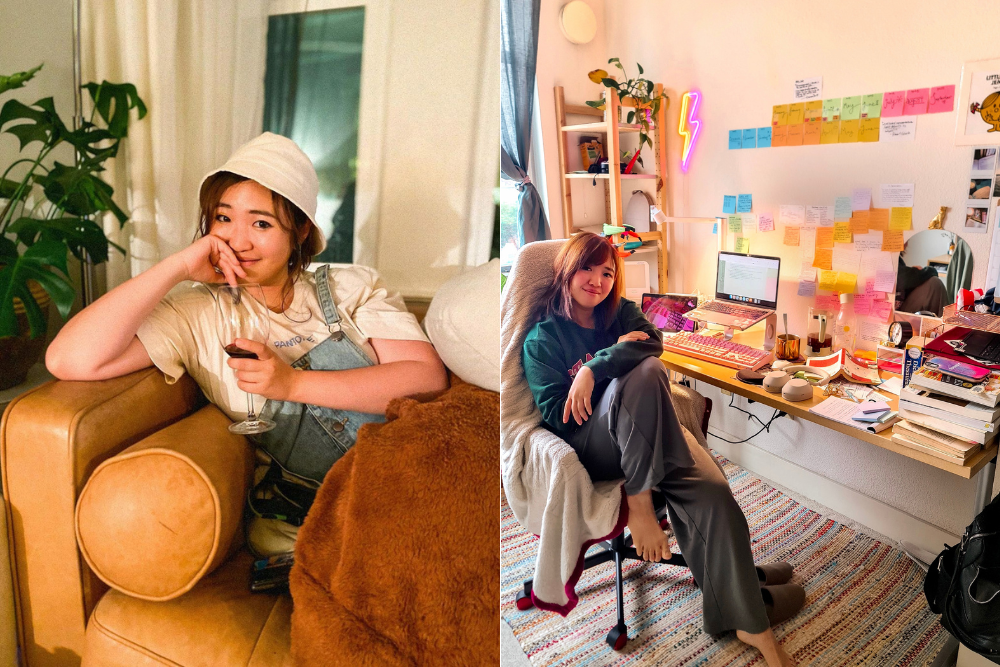Follow us on TikTok?
Jemimah Wei is living her dream.
The 31-year-old writer, who goes by Jemma Wei on Instagram, first moved to New York in 2019 to pursue a Master of Fine Arts (MFA) at Columbia University, an endeavour that she calls her “biggest investment”.
You may also recognise her from her time at Clicknetwork TV, where she hosted online reality series Hype Hunt from 2015 to 2019, alongside actress Rosalind Pho.

Image via Clicknetwork/YouTube
Now, Jemimah is based in Oakland, California, where she is a Stegner Fellow at Stanford University.
She is the first Singaporean to be awarded the fellowship, which is given annually to five poets and five fiction writers.
Most recently, she’s also signed with The Wylie Agency, an international literary agency based in New York and London.
New York, New York
At 27, burnt out and finding herself lacking the time and space to write, Jemimah decided to take the leap and apply for the MFA at Columbia, on the advice of a friend, Malaysian writer Tash Aw.
It was the only programme that she’d applied for, and she was prepared to give up on doing an MFA if she wasn’t accepted.
In hindsight, however, Jemimah says that she would have cast her net wider and applied to more fully-funded programmes.
Just tuition fees for the writing programme at Columbia can cost almost US$35,000 (S$47,020) a year, and this does not take into account other costs like university services and insurance.
But Columbia did accept her, and Jemimah went on her way to fulfil a dream she’d had since she was 18—moving to New York.
She was also able to fund her studies through a combination of her savings, two scholarships, and a fellowship.
It seemed to me like a place where a lot of things could happen. And it’s a very rich place, culturally and artistically. When I got accepted to Columbia, which was my dream school since I was a kid, it really seemed like I would just do anything to make it happen, because I was really optimistic and idealistic.”
View this post on Instagram
And then, Covid-19 happened.
With cases on the rise in New York, Jemimah was forced to return to Singapore to ride out the pandemic.
View this post on Instagram
This caused a huge financial strain, as she still had to pay for the rent at her New York apartment, as well as school fees.
“I was suffering from the terrible reality that I had worked so hard my whole life to get to this point. And then right when I got to New York, within less than a year, the global pandemic came and kind of stopped it.”
All this external stress made it impossible for her to write.
“I would be trying to write, but I’d be sleep-deprived, exhausted, stressed, and just unable to really get anything quality down. So that was incredibly frustrating to me. And I really didn’t know how to get out of it.”
But Jemimah learnt to accept that the pandemic had put everyone under “extreme, uncommon stress”, and it was unrealistic to expect herself to operate at a regular pace.
“Acknowledging and forgiving myself for not getting that work done, even though I really was trying very hard, was really important to me,” she says.
She was eventually able to return to New York to complete her MFA, finishing in three years instead of the two she expected.
View this post on Instagram
Getting the Stegner
Interestingly, Jemimah had never heard of writing fellowships prior to the Stegner, but was encouraged to apply by a fellow writer she had met during her time at Columbia.
View this post on Instagram
Jemimah’s immense gratitude for being awarded was apparent when I spoke to her.
She describes the fellowship as “two years of absolutely secure writing life”, with the only commitment being a weekly workshop where she meets with other writers to critique each others’ works and exchange ideas.
The fellowship offers her a monthly stipend, and covers other expenses such as insurance.
So, almost like a no strings attached type of deal? I asked.
Jemimah agreed, saying that the fellowship was unique in that she was afforded the opportunity to be a working artist and write full-time, something she is still thankful for.

Jemimah’s workspace in her current home in Oakland, California. Image via Jemimah Wei.
Writing 80,000 words by hand
Now that she’s writing full-time, I asked Jemimah what she does when the dreaded writer’s block hits.
To this, she says that what helps is changing the method of looking at her work.
For example, when writing her novel, she switched from Microsoft Word to writing in Scrivener, a writing software.
Upon hitting a saturation point where she wasn’t sure how to revise it further, she printed out the entire book to work on it by hand.
Over the course of one month, she hand wrote all 80,000+ words of her novel by hand, an exercise which she called “so helpful” but “also kind of messed up [her] right hand”.

What 80,000+ words, handwritten, looks like.
“Sometimes when you’re really stuck, I think the answer is just to walk away for a little bit and you know, do something else,” the writer adds.
View this post on Instagram
I also asked if she’d ever abandoned any piece of writing, deeming the writer’s block too insurmountable.
To that, Jemimah admitted that she struggled so much with writing the novel during the pandemic that she did in fact think that she had “reached the end of the line”.
Nevertheless, she tends not to think of things as “dead in the water”, adding that she has a folder of unfinished pieces that she revisits from time to time.
“People don’t just start writing for no reason. There’s always something that triggers or starts a story. And that is not nothing. That tends to be a kind of human truth that you can’t just let go of.”
How to publish your own book
Jemimah finished the first draft of her novel in April 2022 and has completed the querying process, or what she calls one of the “two big stages” for an emerging writer.
The querying process involves:
- Perfecting your manuscript,
- Doing research on suitable agents, and
- Writing a good query letter describing yourself and your project
before sending out the first 30 pages of your book to agents.
Interested agents would get in touch for the full book, and writers with multiple offers may do calls with several literary agents to find the best fit.
The entire process can take anywhere from three to six months, according to Jemimah.
View this post on Instagram
Now represented by The Wylie Agency, she’s is in the process of refining and editing her first novel, while finishing work on her second book.
The next step is writing a pitch letter to publishers and waiting for offers, once they deem the novel ready.
If multiple offers are made, the book then goes to an auction process to be sold.
This is followed by another two-year process of editing, pre-publicity and reaching out to other authors to ask for their reviews and recommendations.
“The publishing process is really long,” Jemimah concludes.
Her family never questioned her choices, amazingly enough
Jemimah tells me that she’d always liked writing.
She had written stories from time to time, but only let her friends and partner read them, and did not make “any significant effort to publish”.
It was only meeting Tash when she was doing her Masters in English at Nanyang Technological University that the idea of becoming a full-time writer because plausible to her.
“It was my first time meeting a Southeast Asian writer from our region who was doing this full-time. And that was incredibly inspirational to me, because I had never thought that it’s something that people could do. Like [for] people who aren’t living in America or Europe [to] do full-time.”
View this post on Instagram
It helps too that her family is supportive of her career choice.
Jemimah fondly recalls dinner time conversations where she’d share her latest story ideas or research with them.
“Since I was a kid, I was just always saying: ‘I’m a writer, I’m a writer,’ and they were just so used to me thinking and talking about myself that way.”

Jemimah with her family.
And while they were concerned about her safety and the financial investment involved in moving for her MFA, Jemimah credits them for having “never questioned” her choices.
Personally, Jemimah confesses, she’s “constantly worried” about money and being a burden to her family.
She adds that it is crucial to be fiscally responsible, particularly in a careers like hers which has no guarantee of financial stability.
“A lot of our time is spent applying for grants, fellowships, scholarships, or taking on additional gigs to support a writing life,” she explains.
Nevertheless, Jemimah has learnt to come to terms with the life she’s chosen.
“I did reach a point in my life where I understood and made peace with the fact that I would never be rich.
And it’s not that money is not important. But to me, the primary satisfaction and the meaningful engagement that I have with my life, a lot of that comes out of the joy and of creation and writing.”
All images via Jemimah Wei.
If you like what you read, follow us on Instagram, TikTok, Twitter and Facebook to get the latest updates.
More Stories:
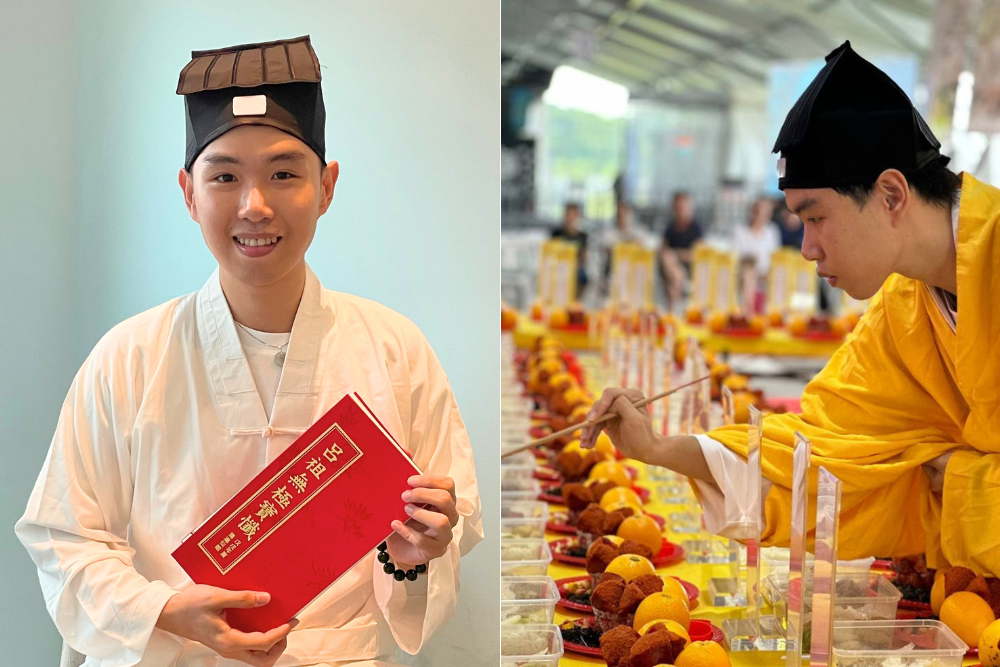
How this 24-year-old NUS student & priest is using TikTok to make Taoism more accessible to Gen Zs
Don't tell him to calm down.

She became a couch potato after dropping out of school at 18, but now walks for London & Paris fashion weeks
Who else who could pull off microbangs like that??
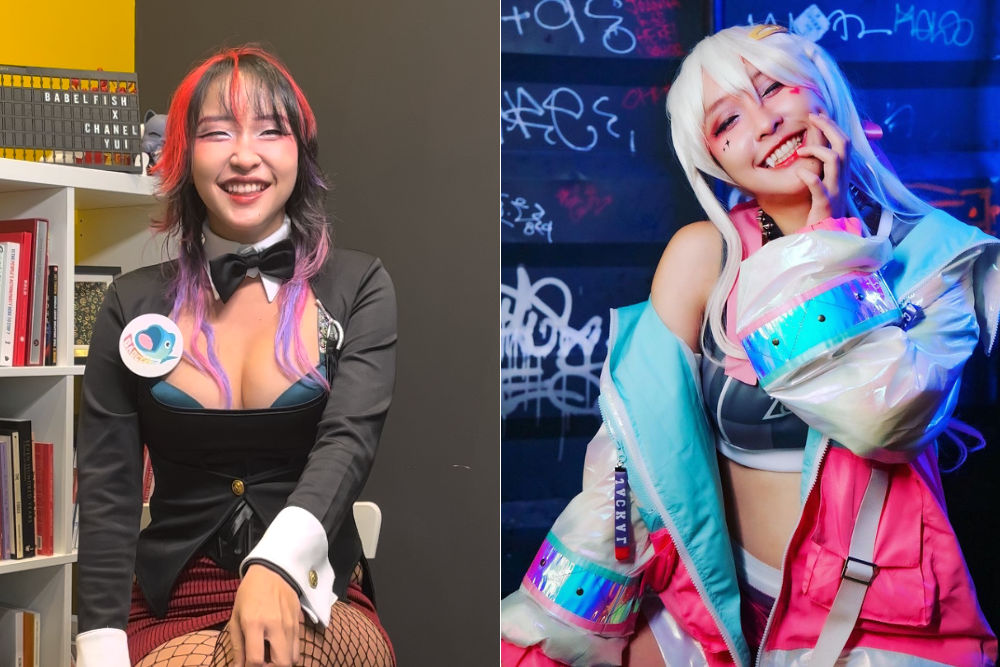
‘I just want to do this first before I regret it’: S’pore teacher quits her job to become an OnlyFans creator
Her mother's death was the 'turning point' in making this decision.
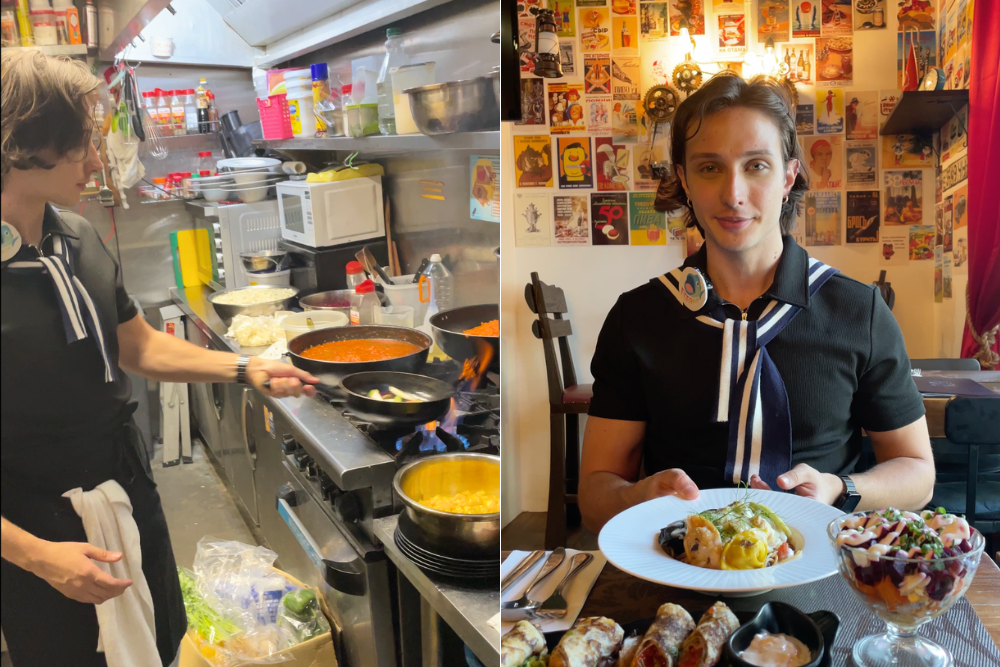
‘We’re not going to give up so easily’: 21-year-old drops out of uni & uses TikTok to save his family’s restaurant
And it's working.
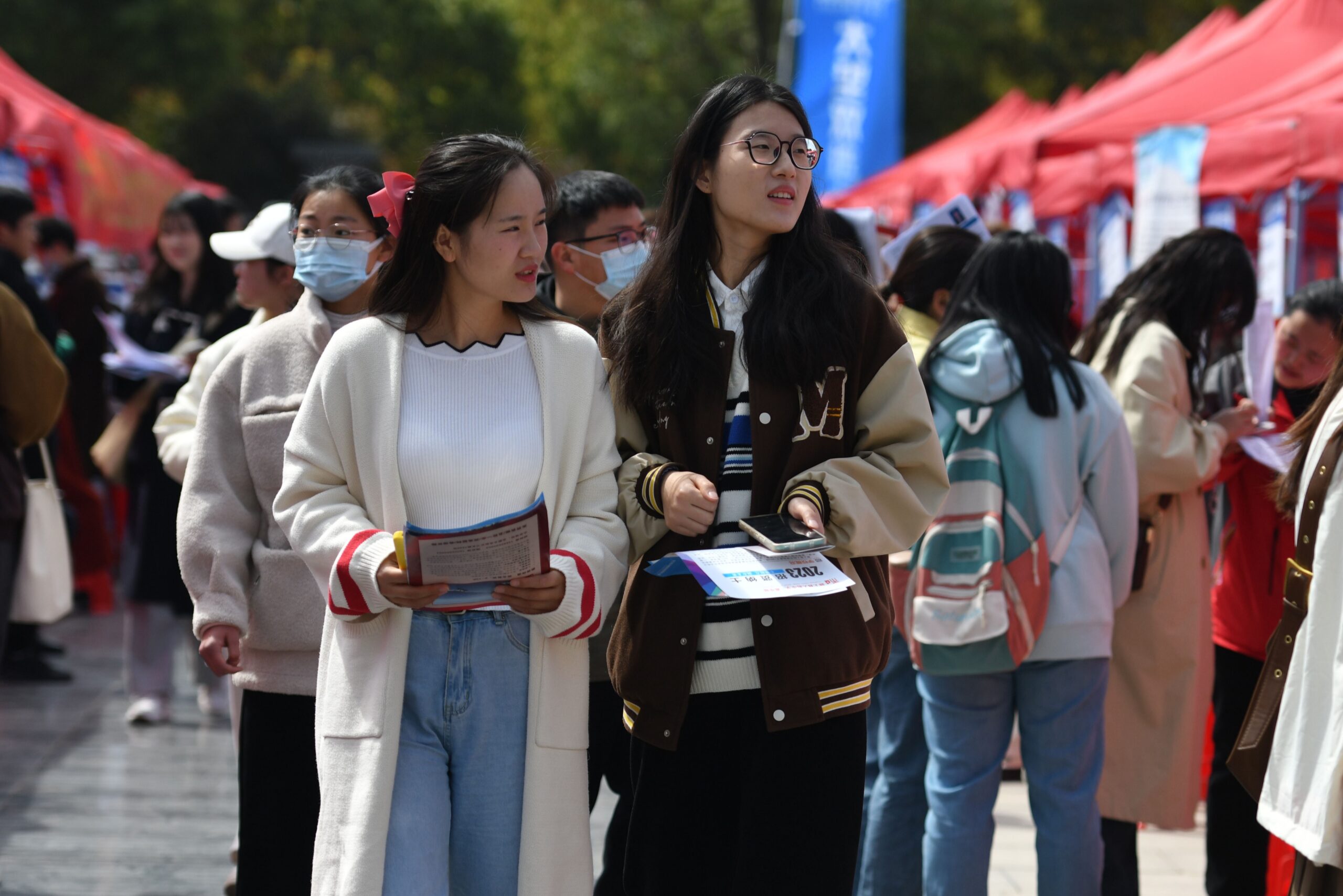
Unable to find jobs, Gen Zs in China are returning home to be ‘full-time children’
Not as cushy as it sounds.
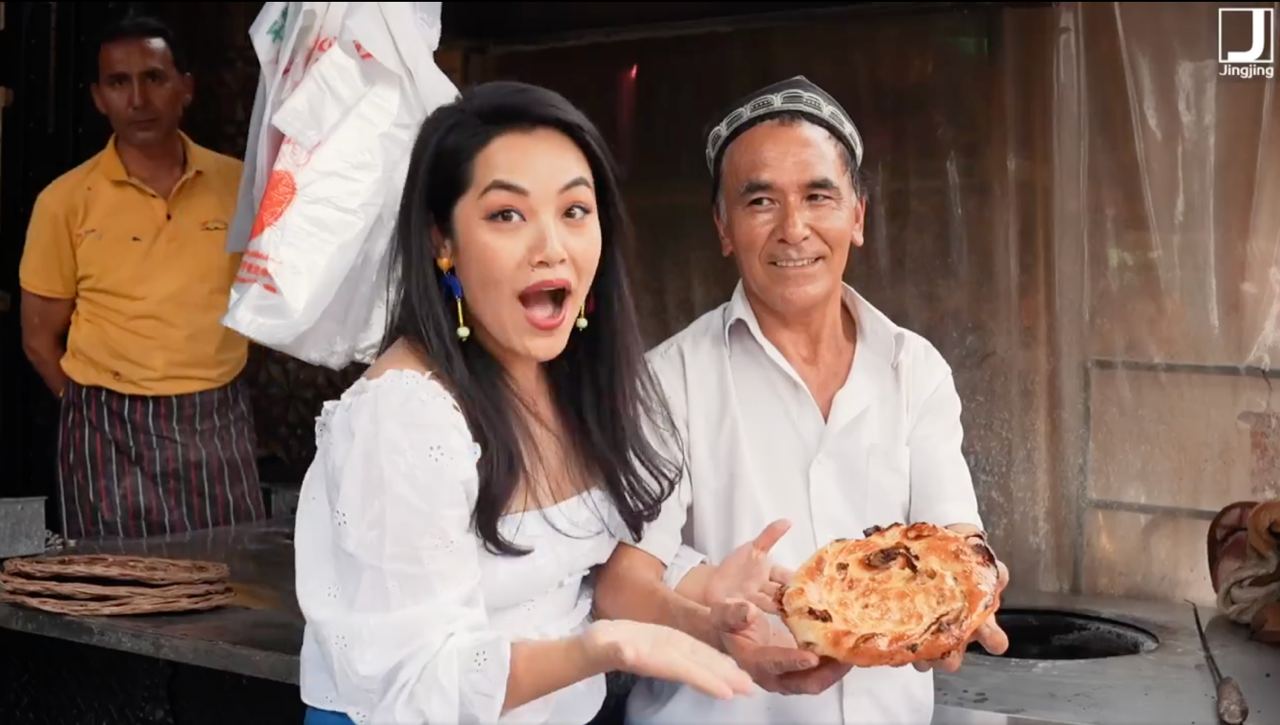
Chinese journalist draws flak on Twitter for happy portrayal of Kashgar, Xinjiang in travelogue
Twitter is officially blocked in China.

A TikToker’s pet cat was allegedly confined for 38 hours without food & water by China Airlines
She plans to take legal action with an international lawyer.

